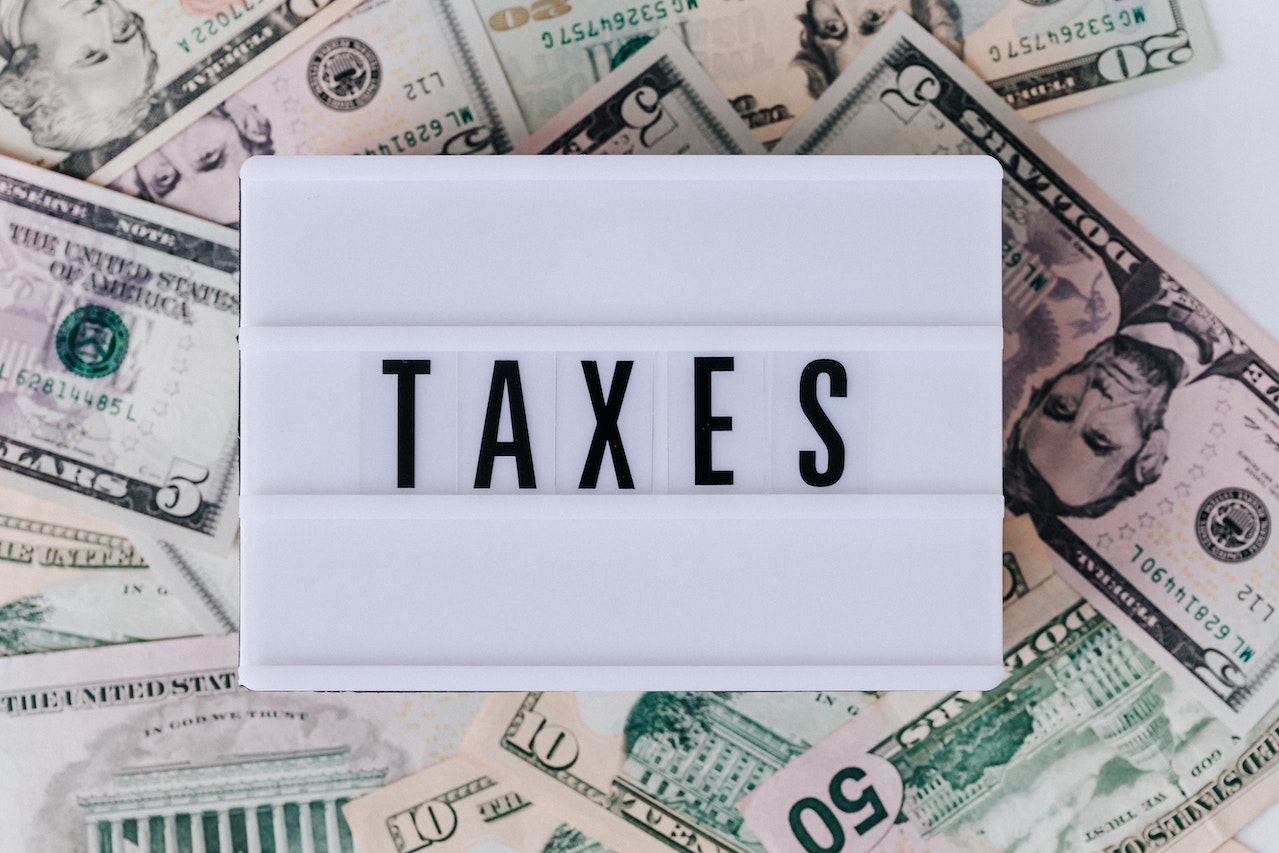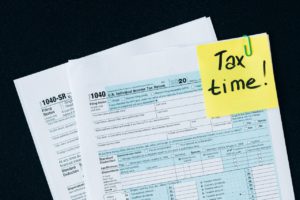
Dealing with tax debt can be a daunting experience, but with careful planning and a well-executed payment plan, it’s possible to regain control of your finances and find relief. This article explores effective strategies to help individuals overcome tax debt by implementing a practical payment plan. By following these steps, you can alleviate the burden of tax debt and pave the way to financial stability.
1. Assess Your Tax Debt:
The first step in resolving tax debt is thoroughly assessing the amount owed. Review your tax returns, correspondence from tax authorities, and any supporting documentation to understand your outstanding liabilities clearly. This assessment will serve as a foundation for developing an appropriate payment plan.
2. Seek Professional Guidance:
Navigating tax debt can be complex, and seeking professional assistance is often beneficial. Consult with a tax professional or a qualified accountant specialising in tax debt resolution. They can provide valuable advice, help you understand your options, and guide you through the payment plan process.
3. Understand Payment Options:
Before crafting your tax debt payment plan, familiarise yourself with the available payment options. The most common options include full payment, instalment agreements, and offers in compromise. Each option has its eligibility requirements and implications, so it’s crucial to understand them thoroughly and select the one that best suits your financial situation.
4. Budgeting and Expense Evaluation:
Creating a comprehensive budget is a critical component of a successful payment plan. Evaluate your income, expenses, and discretionary spending to identify areas where you can reduce costs and allocate more funds toward your tax debt. Prioritise essential expenses and make necessary adjustments to ensure sufficient funds are available for your payment plan.
5. Communicate with Tax Authorities:
Maintaining open lines of communication with tax authorities is crucial throughout the payment plan process. Contact the relevant tax agency to inform them of your intent to resolve your tax debt and to discuss available options. They may work with you to establish an appropriate payment plan based on your financial circumstances.
6. Negotiate Installment Agreements:
If paying your tax debt in full is not feasible, negotiating an instalment agreement can be a viable option. An instalment agreement allows you to make monthly payments over an extended period, helping to manage the debt while avoiding significant financial strain. Work with the tax authorities to determine a reasonable payment amount and schedule that fits within your budget.

7. Explore Offers in Compromise:
In certain situations, taxpayers facing significant financial hardship may qualify for an offer in compromise. This option lets you settle your tax debt for less than the total amount owed. However, it is essential to note that the eligibility criteria for offers in compromise are stringent, and the application process can be complex. Seeking professional guidance is advisable in such cases.
8. Stay Committed and Make Timely Payments:
Once your payment plan is in place, staying committed and making payments promptly is essential. Missing payments or failing to comply with the terms of your agreement can result in penalties, interest, and potential legal consequences. Stay organised, set up reminders, and prioritise your tax debt payments to ensure progress toward becoming debt-free.
9. Seek Ongoing Financial Management:
Resolving tax debt is just the first step toward achieving long-term financial stability. Once your tax debt is paid off, it is essential to maintain good financial practices. Consider seeking ongoing financial management advice to help you stay on track, manage your finances effectively, and avoid future tax issues.
10. Utilise Financial Tools and Resources:
Use various financial tools and resources to help you pay off your tax debt. For example, consider using online budgeting apps or software to track your income and expenses effectively.
11. Avoid Future Tax Debt:
To prevent yourself in a similar situation:
- Take proactive steps to avoid accumulating tax debt.
- Stay organised by maintaining accurate records of your income, expenses, and tax-related documents.
- Consider consulting with a tax professional to ensure you are correctly fulfilling your tax obligations and taking advantage of any available deductions or credits.
12. Seek Professional Assistance:
Resolving tax debt can be complex and overwhelming, especially if you have multiple years of outstanding liabilities or significant financial difficulties. Engaging the services of a tax professional who specialises in tax debt resolution can provide invaluable guidance. They can assess your unique situation, explore all available options, and advocate on your behalf to negotiate the most favourable payment plan.
13. Stay Positive and Motivated:
Paying off tax debt requires discipline and perseverance. It’s crucial to stay positive and motivated throughout the process. Celebrate small milestones and acknowledge the progress you make. Remember your long-term financial goals, knowing that successfully resolving your tax debt will bring you closer to achieving financial freedom.
14. Celebrate Financial Milestones:
Celebrate your financial milestones as you progress in paying off your tax debt. Reward yourself for meeting certain goals, such as paying off a specific percentage of your debt or completing a payment plan. These celebrations can provide a sense of accomplishment and motivate you to continue on your journey toward financial stability.
Paying off tax debt requires careful planning, commitment, and perseverance. You can successfully navigate the process by implementing a practical payment plan, utilising financial tools and resources, increasing your income, prioritising your tax debt, and seeking professional assistance when needed. Monitor your progress, consider tax relief programs, avoid future tax debt, and maintain good financial habits. Remember, overcoming tax debt is a financial achievement and a step towards greater peace of mind and financial freedom. Stay focused, motivated, and celebrate your milestones to a brighter financial future.